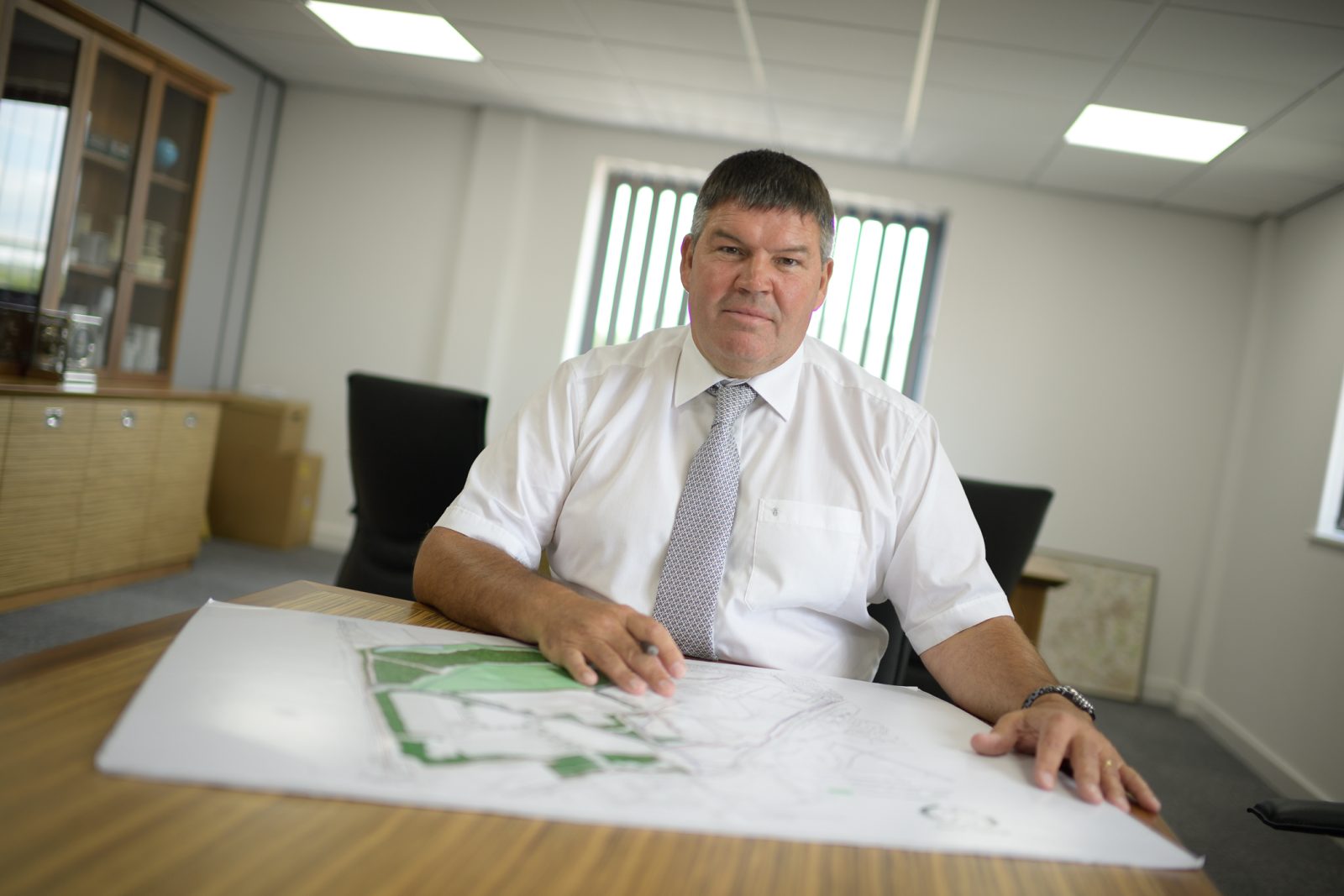Have you been as frustrated as me in 2025?

With only a few days left before the seasonal break Roger Hartshorn, CEO, Sheerline reflects on what has been another turbulent year for UK businesses.
It’s hard not to feel that the people running our country are anti-business. Employers have been hit with higher National Insurance costs, and pension reforms are now creating uncertainty for retirees. There’s now talk of an “exit tax” for those wanting to escape by moving overseas.
If I ran Garnalex the way the Government is running the UK, we’d probably go bust!
At Garnalex, we keep doing what we do best every day: designing new products, fulfilling orders, and keeping customers happy. It’s reassuringly business as usual.
When I switch on the news after work, it feels like another world. We see conflict, unrest, unemployment and businesses going under. Others I speak to share the same frustrations with the political landscape and the constant doom and gloom in the news headlines. It’s enough to make you want to give up – almost.
Yet, within our industry, there’s a quiet resilience and an enduring sense of purpose.
Adapting to market shifts
Business leaders are problem-solvers by nature. We don’t thrive on bad news, we thrive on understanding it, adapting, and finding opportunities. Market awareness has never been more important; the companies that will grow in 2026 are those that spot shifts early and act decisively.
Data helps separate noise from reality – and the latest consumer surveys from Keystone Market Research offer many insights for the fenestration sector.
The proportion of homeowners planning home improvements in 2026 remains stable compared to 2025, but the average intended project spend has increased by 22%.
Keystone’s founder Charlotte Hawkes notes that homeowners aged 18-34 are almost twice as likely to choose aluminium over other materials. They also have the highest project budgets, so targeting the younger demographic will be vital for growth.
Shoots of hope
While demand has levelled since the post-Covid boom, many fabricators and installers remain steady or even growing.
My observation is that those that continue to succeed share common traits: efficient operations, lean stock management, strong cash flow, reliable service – and they make smart product choices that simplify manufacturing and stand out in the market.
Our customers agree
Louise Evans, Group MD of Whiteline Manufacturing, says: “2025 has been a challenging year for the whole fenestration industry. However, one shining light has been the success we have seen across our aluminium order book. With 80% of aluminium production comprising Sheerline products, it’s great to work with Garnalex, a company who supports and cares for its customers.”
Adrian Martin, MD at Marlin Windows, adds: “Working with Sheerline has enabled us to offer our customers greater choice as well as easier, more cost-effective routes to thermal efficiency and security compliance – both of which have attracted a lot of new interest.”
Stuart Bull, owner of SGM Manufacturing, agrees: “Aside from helping us with our production planning because we know exactly what we’re getting from Sheerline and when we’re going to get it, we’re able to offer our customers a reliable yet responsive service and we can be adaptable when they need us to be.”
Adaptability is key
The challenges of 2025 have forced businesses to be more flexible. The most dynamic have refined strategies, streamlined operations, and partnered with suppliers who help them stay competitive.
At Garnalex, we’ve had a strong year of consolidation and growth driven by innovation, leaving us well placed for 2026. With new factories and a strengthened management team on the horizon, our focus remains on supporting customers through quality, reliability, and service.
Looking ahead to 2026
I see huge potential for forward-thinking fenestration businesses next year. Rationalising product ranges, prioritising innovation, and partnering with trusted suppliers will be key to sustainable growth.
As younger leaders embrace technology and AI, factories will become smarter and more efficient, unlocking cost savings and profitability. Those who adapt will gain a real competitive advantage.
Whatever happens with the next Budget or Government policy, one thing is certain: hope is not a strategy. Preparation, flexibility, and optimism remain essential.
From what I’m hearing, there’s still plenty of quiet confidence across our industry – proof that opportunities remain for those ready to take them.